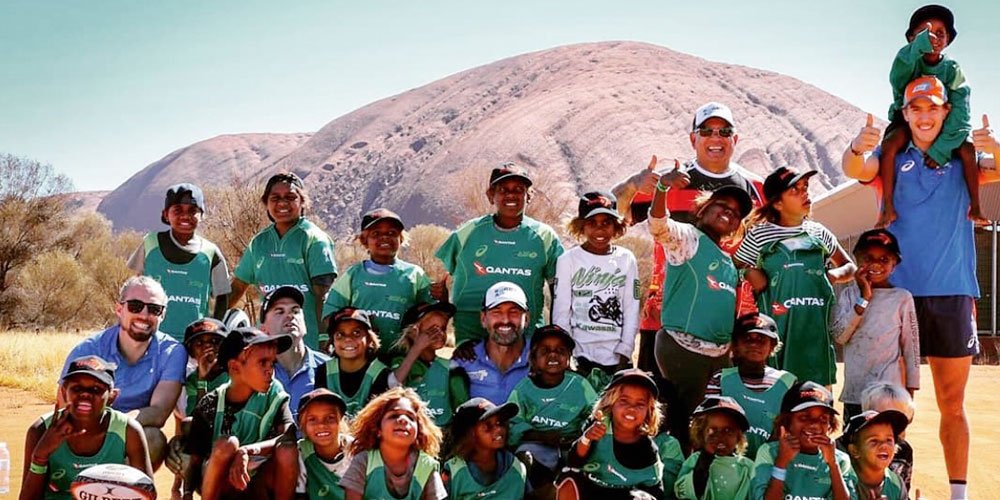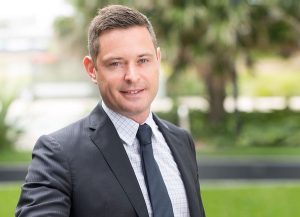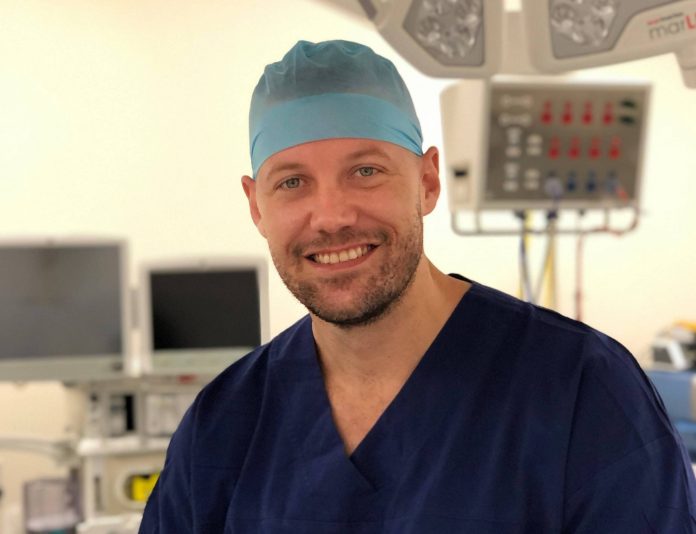Australia’s first Indigenous orthopaedic surgeon is a trailblazer, forging a path for young First Nations athletes to overcome injury.
He is joining the Sunshine Coast Orthopaedic Group after previously working at John Hunter Hospital in Newcastle.
A proud Dharug man, Dr Anthony Murray has extensive experience in trauma, joint replacement and general orthopaedic surgery and is passionate about providing the best possible medical attention to his patients.
Dr Murray is a driving force in the First Nations realm through his role in the Australian Orthopaedic Association, as the chair for the Cultural Inclusion Working Group, and he will be an integral part of Sunshine Coast charity, Sporting Chance Foundation.
“Orthopaedics is one of those areas where you get to work with people with an immobility and be able to help them regain movement and their life. That’s what I love about it,” he said.
Growing up in Central Queensland, orthopaedics was not Dr Murray’s first career choice. He was hoping to pave a career as an AFL player, but a knee injury set his course on a different trajectory.
“I was playing some regional football and working my way towards that goal and ended up having a pretty bad knee injury.

“That stopped me from following that path and I spent a lot of time with orthopaedic surgeons because of that injury.
“My brother (David) was actually Australia’s second Indigenous surgeon, and first (Indigenous) general surgeon, and he was the one who encouraged me to follow his footsteps into medicine.”
Admitting he was not a “natural academic”, Dr Murray applied for James Cook University through an Indigenous health care pathway.
He graduated in 2012 and moved to Newcastle to continue his training and work towards his admission as a Fellow of the Royal Australian College of Surgeons and Fellow of the Australian Orthopaedic Association.
Learning of his Indigenous heritage at an early age, Dr Murray said it gave him a sense of belonging and shaped his eagerness to advocate for First Nations health.
“My father was an orphan and spent a long time trying to find his family,” he said.
“That led us down a path and after multiple discussions and interviews with people he found out his mother was a proud Aboriginal woman who lived in Redfern in Sydney.
“I was quite young and it changed everything. It was a chance to learn who I was and where I come from and my culture.”
Help keep independent and fair Sunshine Coast stories coming by subscribing to our free daily news feed. All it requires is your name and email. See SUBSCRIBE at the top of this article.
He said becoming Australia’s first Indigenous orthopaedic surgeon was part of his story as a modern First Nations man, especially as understanding of culture grows amongst non-Indigenous people.
“The provision of healthcare for Indigenous people doesn’t have to be just in small places. It’s not just red dirt and outback towns,” he said.
This has led Dr Murray to make a difference in ensuring young First Nations athletes who do not have the means for private health care do receive access to pre, interim or post operative care.
As part of this on a local level, Dr Murray will team up with fellow SCOG surgeon and director of Sporting Chance Foundation, Dr Daevyd Rodda (pictured).

The foundation aims to help aspiring athletes from the Indigenous community realise their full potential following a sporting injury.
“My provision of making a change and a difference works for me at a policy level but also the ability to alter and mentor,” he said.
“That goes hand in hand with Sporting Chance in providing opportunity for athletes who don’t have the means or access to private health care.”
As part of his role with the Australian Orthopaedic Association, Dr Murray said the way was also being paved for more Indigenous surgeons-in-training to one day join the workforce.
“On the Australian Orthopaedic Association training program, we’ve got multiple trainees now that are Indigenous,” he said.
“It lends itself that in the next five years we might have four or five new Indigenous orthopaedic surgeons.”





